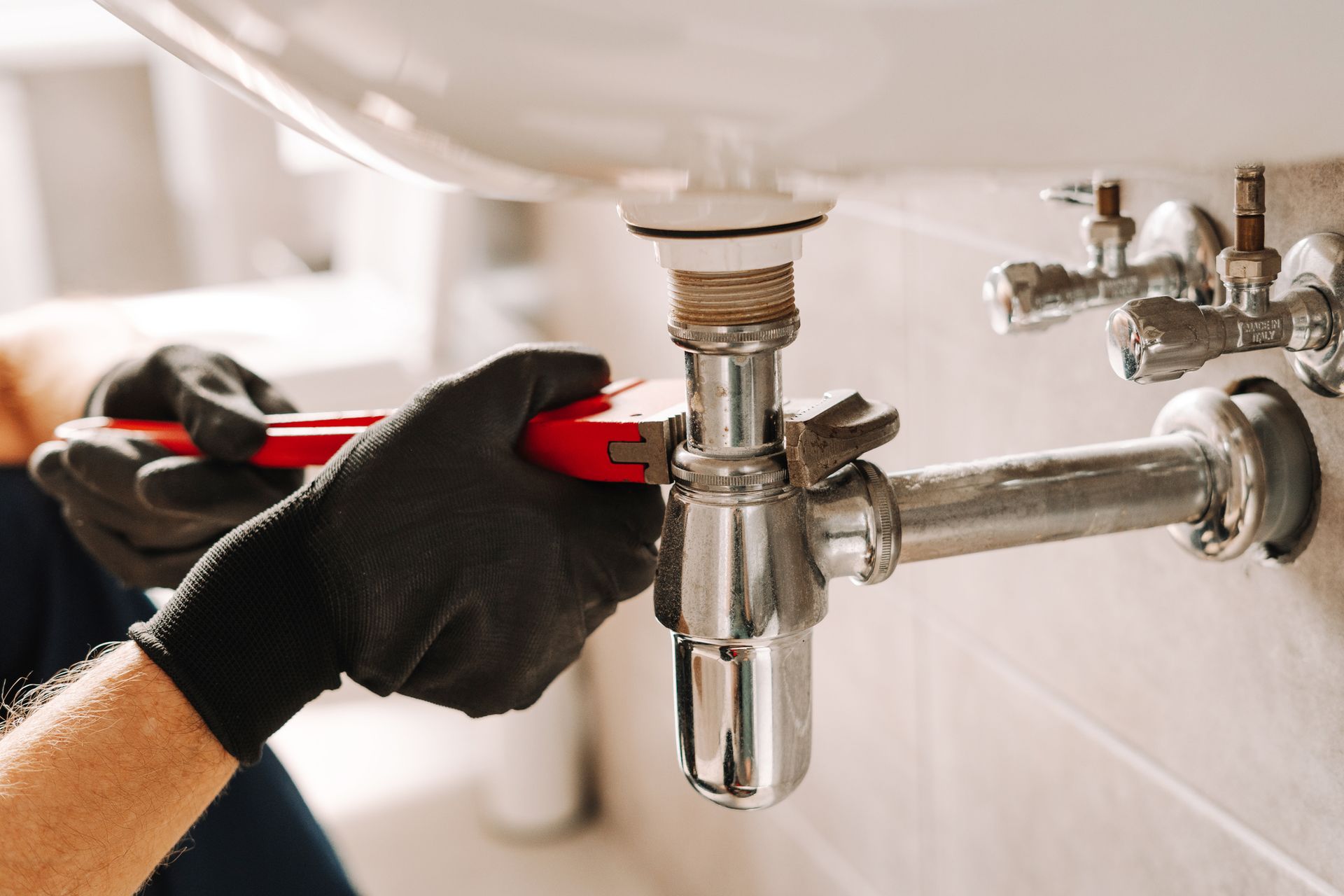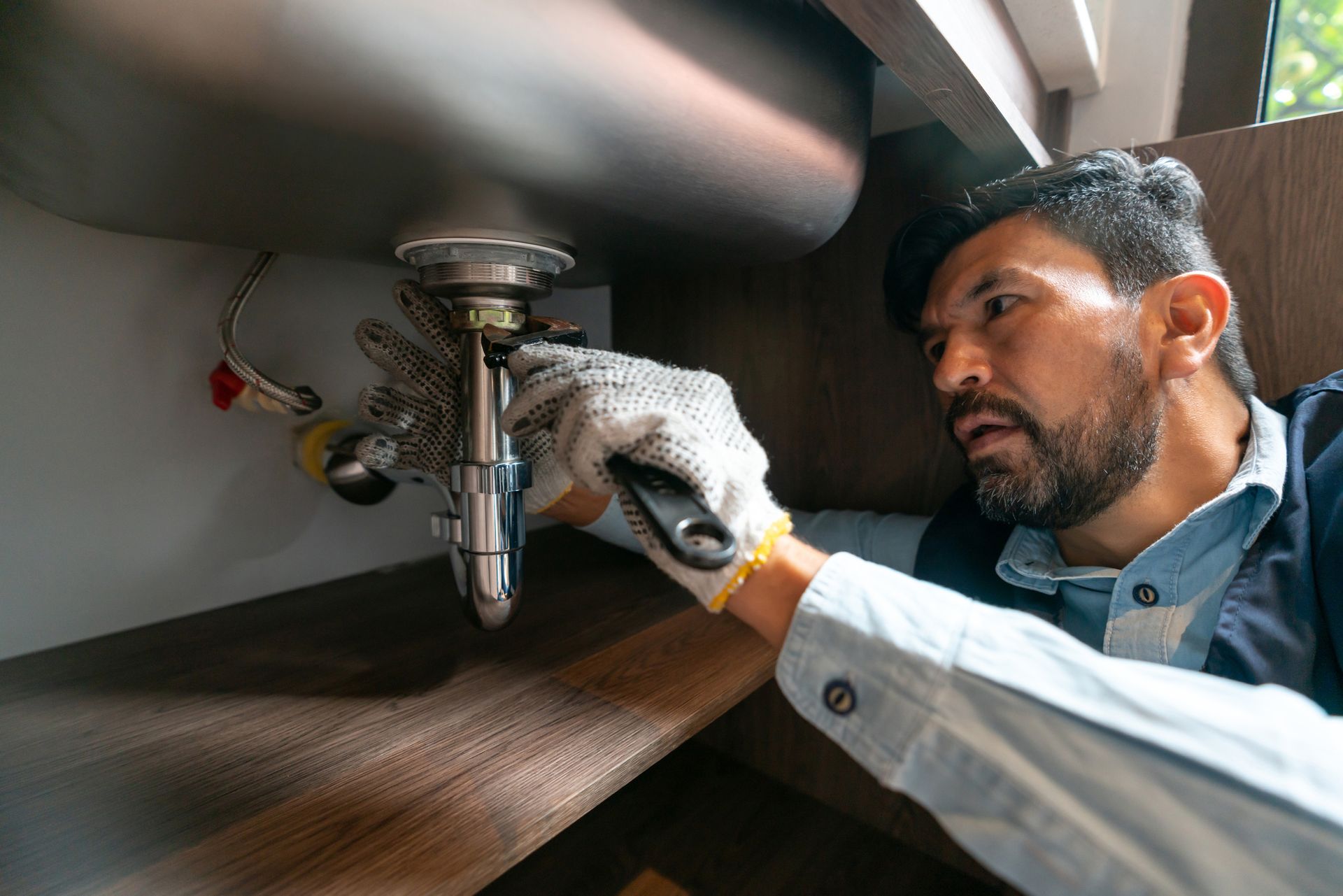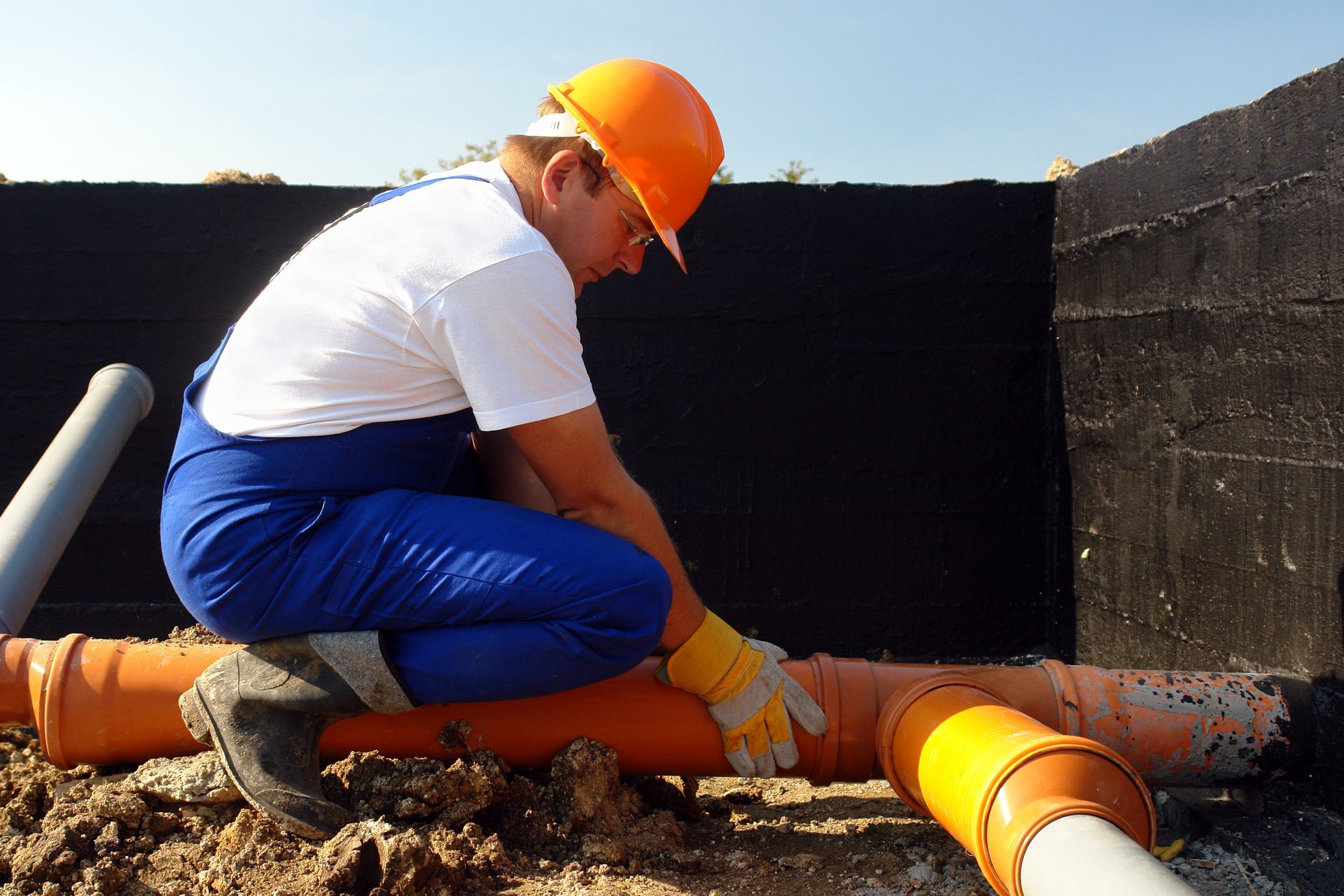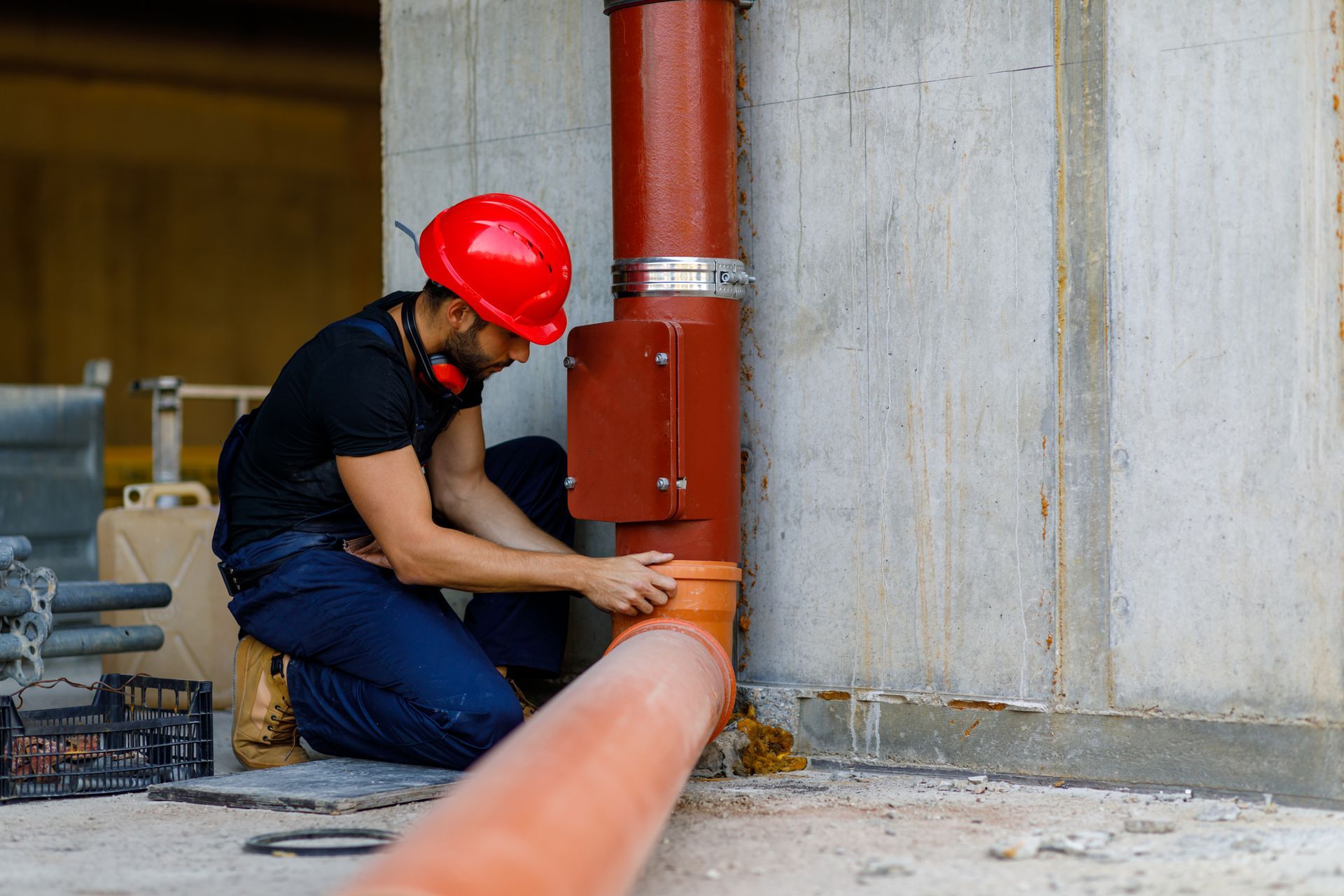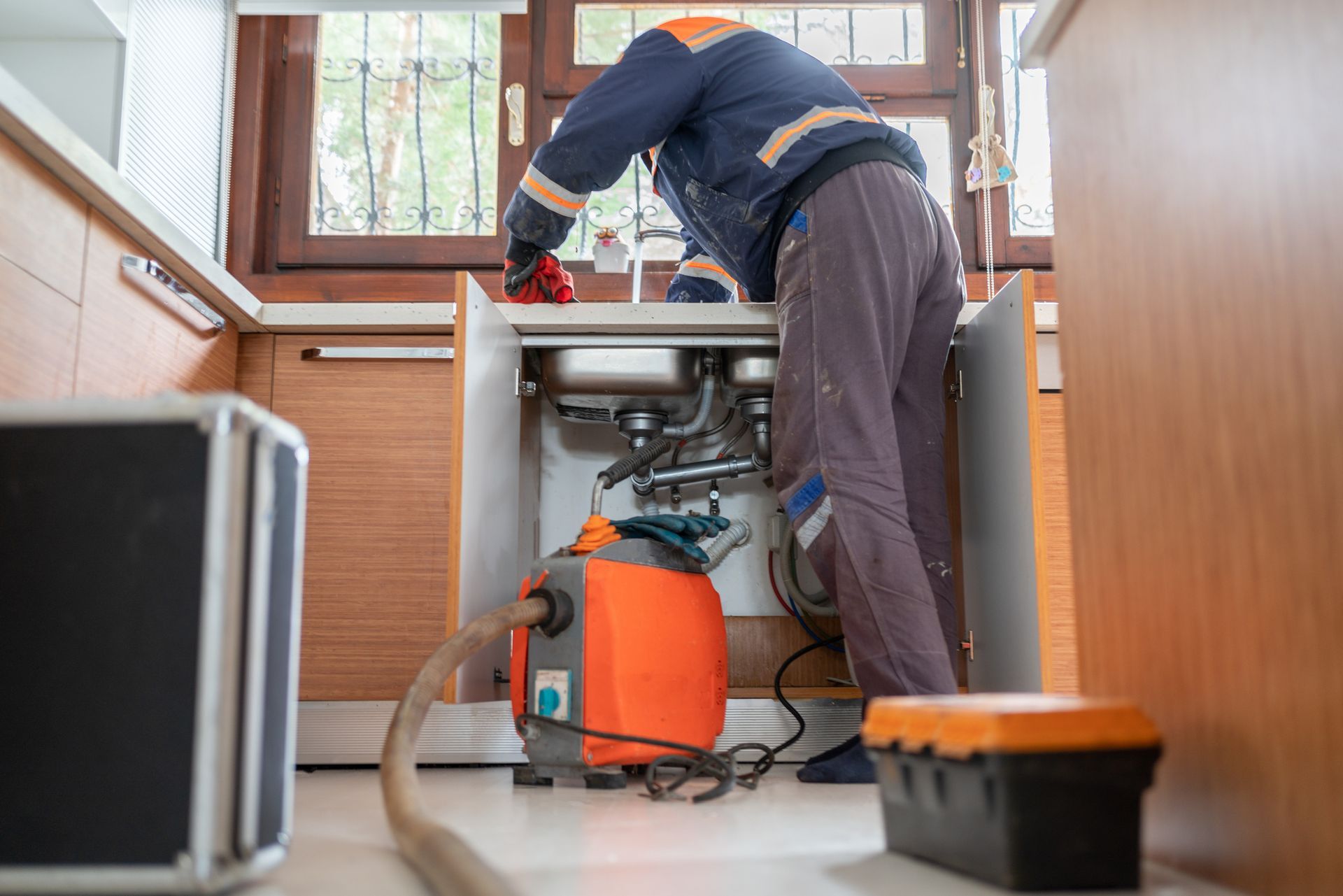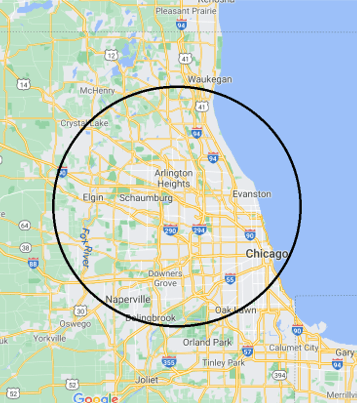2 Common Winter Water Heater Problems and How to Solve Them
2 Common Winter Water Heater Problems and How to Solve Them
The drop in outdoor temperatures that accompanies winter can cause some problems with your home’s water heater to develop while also worsening other problems that may not have been noticeable during the warmer months of the year.
For this reason, you should learn about the water heater problems that can occur during the winter and the steps you can take to both prevent and solve them when they do occur. Read on to learn about two of the most common winter water heater problems, why they happen, and how to remedy them.
1. Water Not Hot Enough
A common water heater problem that can occur during the winter is hot water that is simply not hot enough and is instead just warm or even lukewarm. This problem has many causes.
Sometimes, a water heater will only be able to produce warm water during the winter when one of its two heating elements is broken. When one heating element is broken, the other may be able to heat the warmer water that enters the tank during the summer to the desired temperature.
However, when water in the tank is colder during the winter, more than one working heating element is often necessary to heat the extra-cold water in the tank. The solution to this problem is to replace the broken heating element.
This problem can also occur when both working heating elements are covered in a layer of mineral sediment. This sediment can cause both heating elements to work so inefficiently that they both struggle to heat the water together. The buildup of sediment can also shorten the water heater's lifespan and cause your water heater to emit popping sounds.
A licensed plumber can flush your water heater tank and remove sediment from its heating elements. While this service may solve your problem, beware that heating elements can become damaged over time when smothered in sediment that causes them to work harder. If the plumber determines that sediment has damaged your heating elements, you will need to replace them to begin obtaining hot water again.
2. Water Heater Leaks
Water heater leaks can occur year-round when rust eats through a metal water heater tank or water heater connections fail. However, if your hot water tank is located in an area of your home that remains unheated during the winter, such as in an attic or basement, then it may be even more likely to spring a leak during the winter.
When the temperature of the air surrounding your water heater fluctuates, elements of the tank expand as the metal heats and contract as it cools. This continual expansion and contraction cycle can cause water heater connections to loosen and can also worsen existing tank damage.
While an older hot water tank that is in need of replacement is more likely to spring a winter leak than a new heater that is in great condition, you can take steps to prevent winter leaks in both new and old tanks. For example, when you install a new tank, place it in a heated area of the home instead of an unheated one.
To protect a tank already installed in an unheated area of the home, consider covering the device with an insulation blanket if permitted by local building ordinances. When this blanket prevents hot water tank heat loss, not only can it prevent tank metal contraction and expansion, but it can also reduce the amount of energy your tank must use to keep the water inside of the tank hot.
If your hot water heater develops a leak this winter, turn off the tank water supply and immediately call an emergency plumber who can control the leak before it causes home water damage and replace the hot water heater safely.
Keep an eye out for these two common hot water heater problems that can occur during the winter and call a licensed plumber if you notice them. Contact the plumbing experts at J & S Plumbing Inc. for all of your hot water heater maintenance, repair, and replacement needs today. We also provide emergency plumbing services 24/7.

